Chapter-Specific Learning Outcomes
[/su_panel]Like all sciences, ecology is more than a set of discipline-specific facts and concepts. It is a way to make sense of the patterns and processes found in nature. To that end, I try to ensure that whatever topic the class is focused on, students are also practicing how to think like a scientist.
Specifically, I want to ensure that time spent both in and out of the classroom helps students master the following course-wide learning objectives:
- Demonstrate how a systems-thinking approach in which the structures, functions, relationships, and emergent properties of living systems are explicitly described can help explain ecological patterns and processes.
- Show how models—including mathematical, graphical, and conceptual models—can be used to generate testable, often quantitative predictions about system dynamics.
- Employ the scientific method in the investigation of ecological patterns and processes.
- Demonstrate how predictions derived from clear hypotheses can be evaluated with ecological data.

Natural History and Evolution:
Organisms to Populations:
Species Interactions & Communities:
Ecosystems:


